Content Menu
● Understanding Green Tea Extract
● The Potential Benefits of Green Tea Extract
● The Liver Damage Controversy
● Scientific Studies on Green Tea Extract and Liver Health
● Factors Influencing Liver Damage Risk
● Recommendations for Safe Consumption
● Future Research Directions
● Conclusion
● Questions and Answers about Green Tea Extract
Green tea, derived from the leaves of Camellia sinensis, has been consumed for centuries and is renowned for its potential health benefits. In recent years, green tea extract (GTE) has gained popularity as a dietary supplement, particularly for weight loss and its purported antioxidant properties. However, concerns have been raised about the potential risk of liver damage associated with green tea extract consumption. This article delves into the scientific evidence surrounding this issue, exploring the potential benefits and risks of green tea extract, with a particular focus on its effects on liver health.
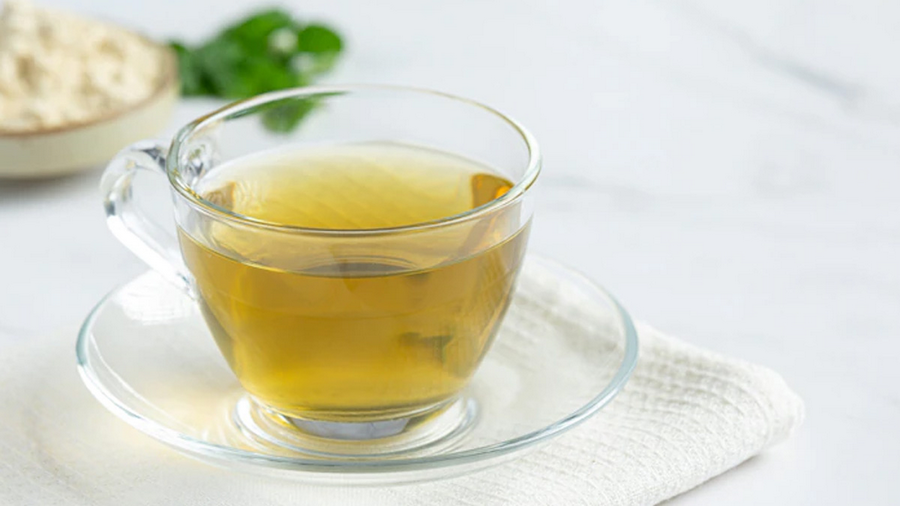
Understanding Green Tea Extract
Green tea extract is a concentrated form of green tea, typically available in capsules or as a powder. It contains high levels of catechins, particularly epigallocatechin-3-gallate (EGCG), which is believed to be responsible for many of the health benefits associated with green tea consumption. While regular brewed green tea is generally considered safe, the concentrated nature of green tea extract has raised concerns about its potential adverse effects, especially on the liver.
The Potential Benefits of Green Tea Extract
Before delving into the potential risks, it's important to acknowledge the numerous health benefits associated with green tea and its extract:
a) Antioxidant Properties: Green tea is rich in polyphenols, particularly catechins, which act as powerful antioxidants. These compounds help protect cells from damage caused by free radicals, potentially reducing the risk of various chronic diseases.
b) Weight Management: Some studies suggest that green tea extract may boost metabolism and increase fat burning, making it a popular ingredient in weight loss supplements.
c) Cardiovascular Health: Regular consumption of green tea has been associated with a reduced risk of cardiovascular diseases, including heart disease and stroke.
d) Cognitive Function: Some research indicates that the compounds in green tea may have neuroprotective effects, potentially benefiting brain health and reducing the risk of neurodegenerative disorders.
e) Cancer Prevention: While more research is needed, some studies suggest that the antioxidants in green tea may have anti-cancer properties.
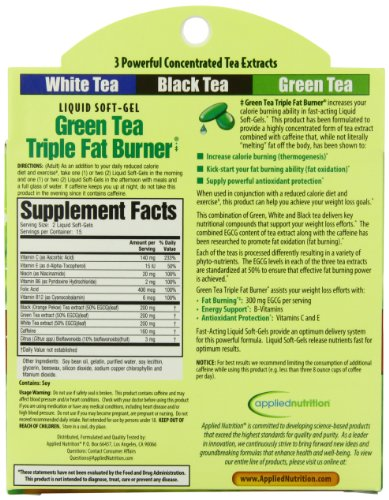
The Liver Damage Controversy
Despite its potential benefits, concerns have been raised about the safety of green tea extract, particularly its effects on liver health. Several case reports and studies have suggested a possible link between green tea extract consumption and liver injury. Let's examine the evidence:
a) Case Reports: Numerous case reports have documented instances of liver injury associated with the consumption of green tea extract supplements. These cases typically involve individuals who consumed high doses of green tea extract, often as part of weight loss or detox regimens.
b) Mechanism of Liver Injury: The exact mechanism by which green tea extract may cause liver damage is not fully understood. However, it is believed that the high concentration of catechins, particularly EGCG, may play a role. In some individuals, these compounds may overwhelm the liver's ability to metabolize them, leading to oxidative stress and cellular damage.
c) Genetic Factors: Recent research has suggested that certain genetic variations may make some individuals more susceptible to liver damage from green tea extract. This highlights the importance of considering individual factors when assessing the safety of dietary supplements.
d) Dose-Dependent Effects: Studies have shown that the risk of liver injury appears to be dose-dependent. Higher doses of green tea extract, particularly when consumed as a concentrated supplement, seem to pose a greater risk than lower doses or traditional brewed green tea.
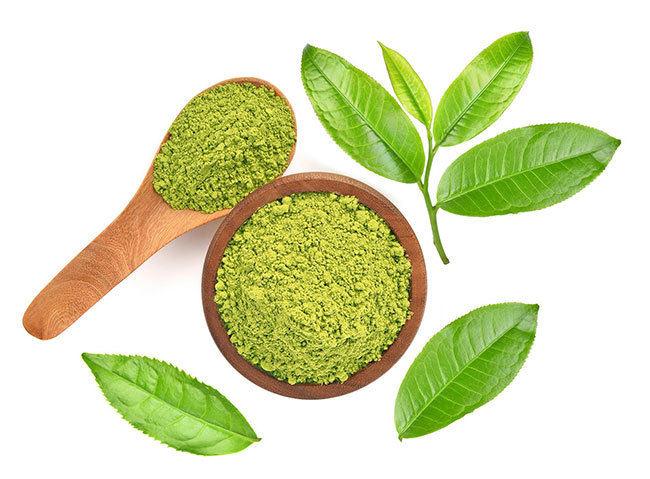
Scientific Studies on Green Tea Extract and Liver Health
Several scientific studies have investigated the relationship between green tea extract consumption and liver health:
a) Clinical Trials: A randomized, placebo-controlled clinical trial examined the effects of high-dose green tea extract on liver enzyme elevation. The study found that some participants experienced elevated liver enzymes, indicating potential liver stress or damage.
b) Systematic Reviews: A comprehensive review of toxicological evidence from laboratory studies identified the liver as the target organ for potential adverse effects of green tea extract. The review found that hepatotoxicity was associated with certain dosing conditions, such as high bolus doses and fasting states.
c) Human Intervention Studies: An analysis of adverse event data from 159 human intervention studies revealed that a limited range of concentrated, catechin-rich green tea preparations could result in hepatic adverse events in a dose-dependent manner when ingested in large bolus doses.
Factors Influencing Liver Damage Risk
Several factors may influence the risk of liver damage associated with green tea extract consumption:
a) Dosage: Higher doses of green tea extract appear to pose a greater risk of liver injury. The concentration of catechins, particularly EGCG, is a critical factor.
b) Form of Consumption: Concentrated supplements, especially when taken as a bolus dose, seem to carry a higher risk compared to brewed tea or extracts consumed as part of food or beverages.
c) Individual Susceptibility: Genetic variations, pre-existing liver conditions, and other individual factors may influence a person's susceptibility to green tea extract-induced liver damage.
d) Interaction with Medications: Green tea extract may interact with certain medications, potentially increasing the risk of adverse effects, including liver damage.
e) Fasting State: Some studies suggest that consuming green tea extract on an empty stomach may increase the risk of liver injury.

Recommendations for Safe Consumption
While the potential risks of green tea extract should not be ignored, it's important to note that moderate consumption of traditional green tea is generally considered safe for most people. Here are some recommendations for those considering green tea extract supplementation:
a) Consult a Healthcare Professional: Before starting any new supplement regimen, including green tea extract, consult with a healthcare provider, especially if you have pre-existing liver conditions or are taking medications.
b) Choose Reputable Sources: If opting for green tea extract supplements, choose products from reputable manufacturers that adhere to good manufacturing practices.
c) Follow Recommended Dosages: Adhere to the recommended dosages on product labels and avoid exceeding these amounts.
d) Be Aware of Symptoms: Be vigilant for any signs of liver distress, such as abdominal pain, dark urine, or jaundice, and discontinue use immediately if these occur.
e) Consider Alternatives: For those seeking the health benefits of green tea, consider consuming brewed green tea rather than concentrated extracts.
f) Avoid Fasting: If consuming green tea extract supplements, it's advisable to take them with food rather than on an empty stomach.
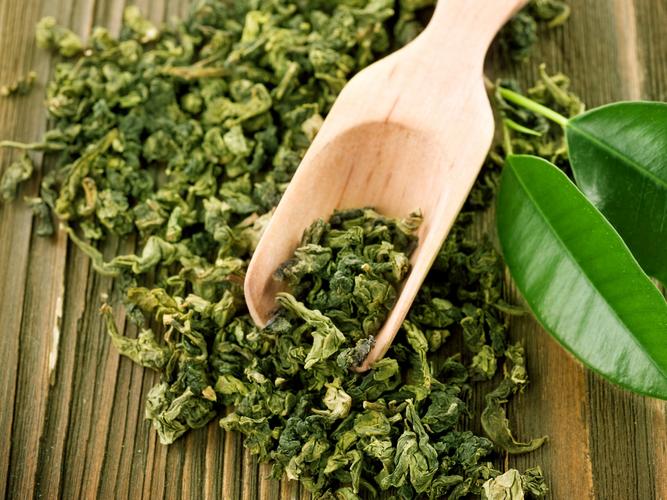
Future Research Directions
As the popularity of green tea extract continues to grow, more research is needed to fully understand its potential risks and benefits. Some areas for future investigation include:
a) Long-term Safety Studies: Comprehensive long-term studies on the safety of green tea extract consumption are needed to better understand its effects over extended periods.
b) Genetic Factors: Further research into genetic variations that may increase susceptibility to green tea extract-induced liver damage could help identify at-risk individuals.
c) Optimal Dosing: Studies to determine the optimal dosage of green tea extract that maximizes benefits while minimizing risks are crucial.
d) Interaction Studies: More research is needed on potential interactions between green tea extract and medications or other dietary supplements.
e) Standardization: Efforts to standardize green tea extract products and develop guidelines for their safe use could help mitigate risks.
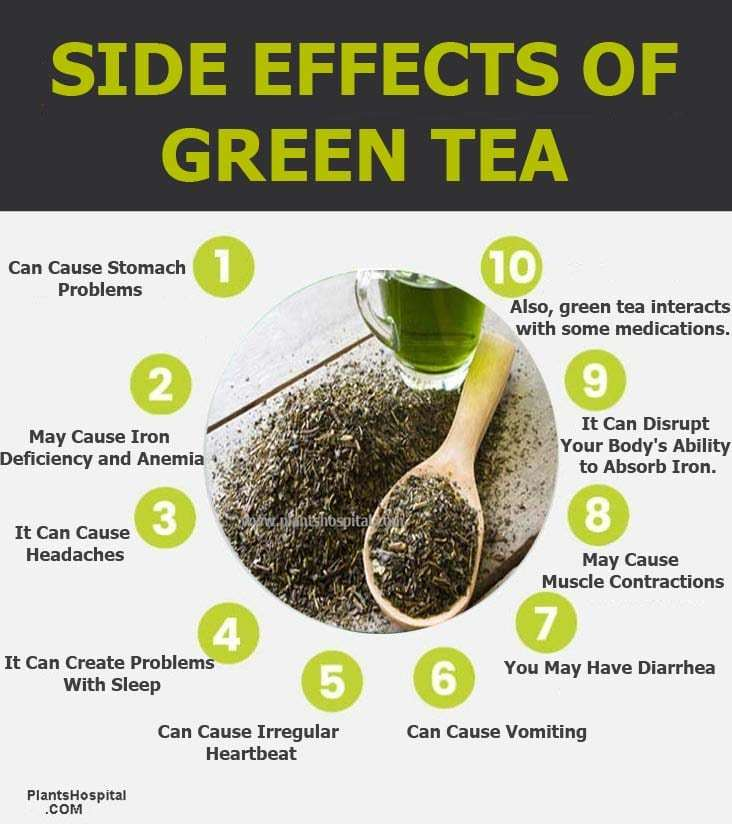
Conclusion
Green tea extract, while offering potential health benefits, is not without risks, particularly when it comes to liver health. The concentrated nature of these supplements, combined with individual susceptibility factors, can lead to liver damage in some cases. While moderate consumption of traditional green tea is generally considered safe, caution is advised when using concentrated green tea extract supplements.
As with any dietary supplement, it's crucial to approach green tea extract use with informed caution. Consulting healthcare professionals, adhering to recommended dosages, and being aware of potential risks are essential steps for those considering green tea extract supplementation. As research in this area continues to evolve, a balanced approach that weighs the potential benefits against the risks is necessary to make informed decisions about green tea extract consumption.
Questions and Answers about Green Tea Extract
Q: Is drinking regular green tea as risky as taking green tea extract supplements?
A: No, drinking regular brewed green tea is generally considered safe and does not pose the same risk level as concentrated green tea extract supplements. The risk of liver damage is primarily associated with high-dose, concentrated forms of green tea extract.
Q: How can I tell if green tea extract is causing liver problems?
A: Signs of liver problems may include abdominal pain, dark urine, jaundice (yellowing of the skin or eyes), nausea, and fatigue. If you experience these symptoms while taking green tea extract, discontinue use immediately and consult a healthcare professional.
Q: Are there any groups of people who should avoid green tea extract supplements?
A: People with pre-existing liver conditions, those taking certain medications, pregnant or breastfeeding women, and individuals with a history of sensitivity to green tea should exercise caution or avoid green tea extract supplements. Always consult with a healthcare provider before starting any new supplement regimen.
Q: Is there a safe dosage of green tea extract?
A: While there's no universally agreed-upon safe dosage, some studies suggest that up to 338 mg of EGCG per day may be safe for most adults. However, individual tolerance can vary, and it's best to follow the recommended dosage on product labels or consult with a healthcare professional.
Q: Can genetic factors influence the risk of liver damage from green tea extract?
A: Yes, recent research suggests that certain genetic variations may make some individuals more susceptible to liver damage from green tea extract. This highlights the importance of considering individual factors and consulting with a healthcare provider before using these supplements.

































